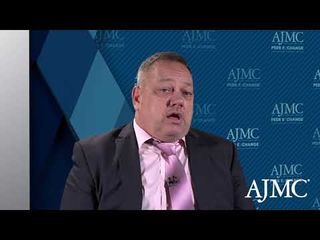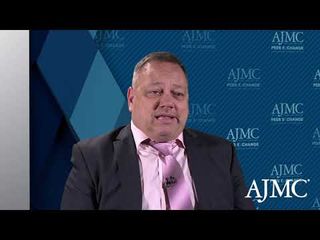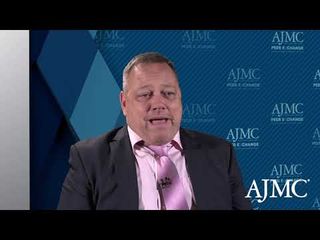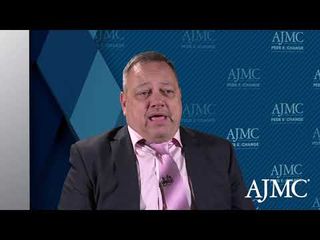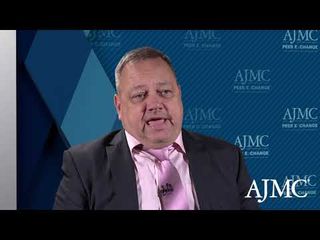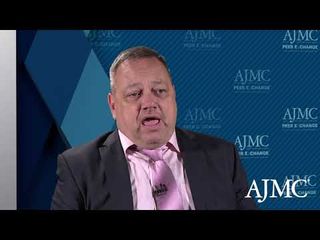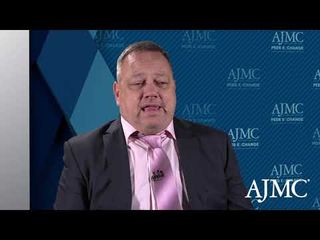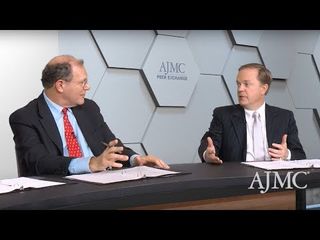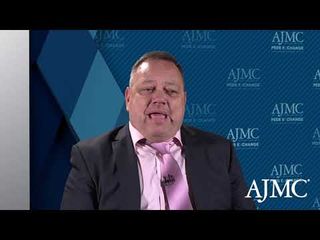
Clinical Pathways
Latest News
Latest Videos

CME Content
More News

A recently published study in JAMA Internal Medicine sought to determine whether a symptom and psychosocial collaborative care intervention improves heart failure–specific health status, depression, and symptom burden in patients with heart failure.

Jason Harris, associate director of policy and programs at National Health Council, talks about promoting high-value, patient-centric care that reduces costs.
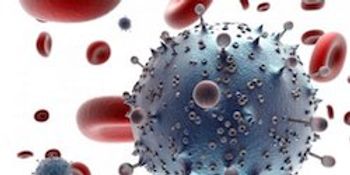
The National Comprehensive Cancer Center (NCCN) has released new NCCN Clinical Practice Guidelines in Oncology to help ensure that people living with HIV who are diagnosed with cancer receive safe and necessary treatment.

A study to be published in the Journal of the American College of Surgeons found that a safety-net hospital in Florida could perform an esophagectomy, a highly complex operation, with fewer complications and shorter hospital stays than the national average.

A new study integrates traditional National Comprehensive Cancer Network prostate cancer guidelines with genetic information found in biopsied tissue to more accurately predict which men have more aggressive forms of prostate cancer.

Cell-free DNA derived from liquid biopsy offers the potential for minimally invasive genome-wide profiling of tumor alterations without tumor biopsy and can predict patient survival outcomes for patients with metastatic triple-negative breast cancer, according to a team of researchers.

A new protocol is being tested at The Ohio State University Wexner Medical Center called an ECPR alert. The alert is designed for usage after ventricular fibrillation has been administered 3 times and the patient has remained in this rhythm.

Centrally assisted collaborative telecare is a cost-effective strategy relative to usual care for treating posttraumatic stress disorder and depression in the Military Health System.
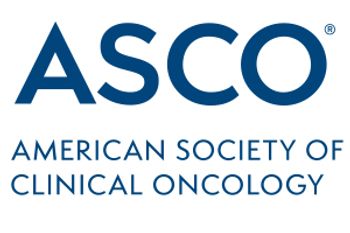
Last week, the American Society of Clinical Oncology (ASCO) published its review of the leading oncology pathway vendors in the United States in the Journal of Oncology Practice. The report found that overall, the prominent commercial pathway programs in the United States are aligned with ASCO’s evaluation criteria.

Via Oncology is taking several steps to implement value into clinical pathways programs, explained President and CEO Kathleen Lokay.

With new guidelines on how to treat and manage muscle-invasive bladder cancer, Jeffrey Holzbeierlein, MD, FACS, professor of urology, director of urologic oncology, interim chair of the department of urology, University of Kansas Health System, provided insight into how the guidelines have changed the management of the disease at the 2018 Genitourinary Cancers Symposium.

This week, drug maker Bristol-Myers Squibb announced in a press release that the ongoing Phase 3 Checkmate-227 trial met its co-primary endpoint of progression-free survival with Opdivo plus Yervoy combination versus chemotherapy in first-line advanced non-small cell lung cancer patients whose tumors have high levels of an emerging biomarker called tumor mutation burden.

A recent study appearing in the American Heart Association journal Circulation, found that looking at how well hospitals adhere to treatment guidelines for heart failure is more important than comparing patient volumes at hospitals.

There are a number of treatment choices available to treat patients with breast cancer and diagnostic tests can assist in the decision making, according to Adam M. Brufsky, MD, PhD, co-director of the Comprehensive Breast Cancer Center at University of Pittsburgh.

A new study published in the February issue of the New England Journal of Medicine found that patients that received radiofrequency catheter ablation compared with traditional drug therapies for atrial fibrillation (AF) had significantly lower hospitalization and mortality rates.

The Cancer Surveillance and Outcomes Research Team at the University of Michigan Comprehensive Cancer Center recently developed an interactive online tool to help patients with breast cancer understand their treatment options more fully.

Only 5% of rare diseases have treatments, but approximately half have patient advocacy organizations; these groups have the potential to play major roles in positively influencing research and development of drugs, clinical trials, and regulations by championing funding and awareness efforts, forming connections between experts and drug developers, advocating for changes to regulation to expedite research, facilitating patient registries, or other initiatives.

Kathleen Lokay, president and CEO of Via Oncology, encourages physicians to educate patients on clinical pathways and discusses how the patient voice is heard.

The gold standard test for colon cancer detection is for patients to undergo a colonoscopy. However, the development of the fecal immunochemical test (FIT) provides patients with a noninvasive option that can be completed at home and would allow patients to forego the colonoscopy, if results are negative.
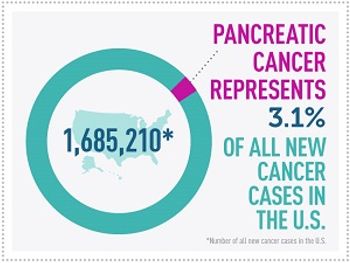
Via Pathways covers more than 2000 different patient representations in cancer care.

Researchers at The University of Texas MD Anderson Cancer Center recently reported in Lancet Oncology that a pair of targeted therapies given before and after surgery for melanoma produced a 6-fold increase in time to progression of the disease, compared with standard-of-care surgery for patients with stage 3 melanoma.

Although risk targeting may improve screening efficiency in terms of early lung cancer mortality per person screened, the gains in efficiency are modest in terms of life-years, quality-adjusted life-years, and cost-effectiveness, according to a study recently published in Annals of Internal Medicine.

Digital utilization can generate data with supporting evidence for clinical pathways that benefits clinicians, explained Kathleen Lokay, president and CEO of Via Oncology.


AstraZeneca’s epidermal growth factor receptor (EGFR) inhibitor, osimertinib (Tagrisso), is on the fast track in 2018 to become a first-line treatment for adult patients with locally-advanced or metastatic non-small cell lung cancer (NSCLC) whose tumors have EGFR mutations.



